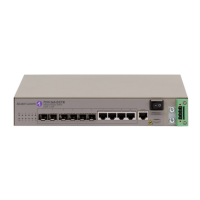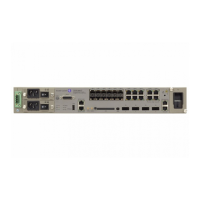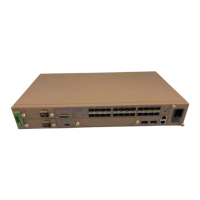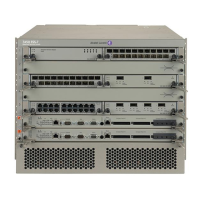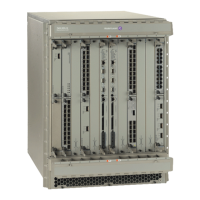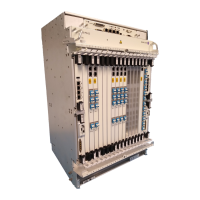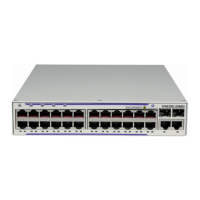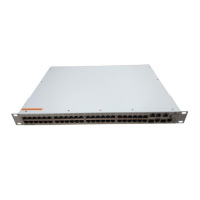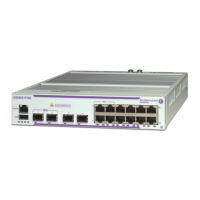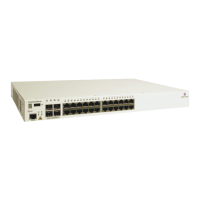Boot Option Files
7210 SAS M, T, X, R6 Basic System Configuration Guide Page 123
• uf1:\ (external USB)
If the bootrom does not find the boot.tim in any of the locations, the boot procedure fails. If the
boot.tim is found in one of the locations, the system searches for BOF.cfg on the same storage
device under the root directory (For example, if it finds boot.tim on cf2:\, then it looks for bof.cfg
in cf2:\bof.cfg).
If the BOF file is found, the system uses the BOF file to obtain the location of both.tim (Timos
software), configuration file and other boot parameters and use the same to boot the system. If it
does not find the BOF file, it attempts auto-init, to retrieve the BOF file from the network (and
create a new BOF file as a part of auto-init process).
The BOF file can specify the location of the Timos image (both.tim) and the configuration file to
be on a different storage device. The boot.tim could be located on cf1:\, while both.tim could not
be located on cf2:\ along with the configuration file.
Note: The location of the boot.tim image used for booting the system and the location of the bof
file can be found using the command “show>system>information”
Sample for 7210 SAS-T
*...........
Boot-loader Source : cf1:
BOF Source : cf1:
Image Source : primary
Config Source : N/A
Last Booted Config File: N/A
Last Boot Cfg Version : N/A
Last Boot Config Header: N/A
Last Boot Index Version: N/A
Last Boot Index Header : N/A
Last Saved Config : N/A
Time Last Saved : N/A
Changes Since Last Save: Yes
User Last Modified : admin
Time Last Modified : 2000/06/01 20:03:28
Max Cfg/BOF Backup Rev : 5
Cfg-OK Script : N/A
Cfg-OK Script Status : not used
Cfg-Fail Script : N/A
Cfg-Fail Script Status : not used
*A:SAST>show>system#
The platform Installation guide provides examples on how to boot the system using any of the
above options. For more information, see the Installation Guides.
The following sections provide more details of the various boot options and how the system
processes these options and loads the bootloader (boot.tim), the Timos image (both.tim) and the
configuration file to make the system operational and ready for use.
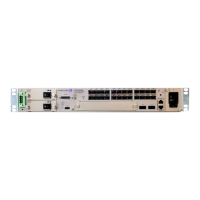
